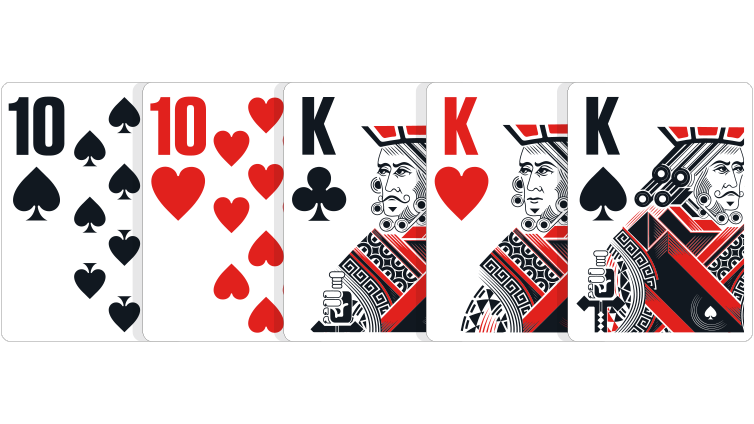
Poker is a card game that involves skill, strategy, and a bit of luck. The game can be played in many ways, from a home game with friends to a professional tournament. However, no matter how you choose to play poker, there are certain things that every player should know before getting started.
Before the game starts, players will have to buy in with chips that represent money. There are different colored chips, and each one has a different value. Usually, white chips are worth the minimum ante or bet; red chips are worth five whites; and blue chips are worth 10 or 25 whites. Each player will need to have a minimum of 200 chips for the game.
Once the chips have been placed in the pot, players will begin betting. Each player has the option to call, raise, or fold. A call means that the player will match the previous bet, while a raise indicates that the player would like to increase the amount of money that is in the pot. A fold indicates that the player is not interested in continuing with their hand.
A good poker player knows that they need to be able to make tough decisions under pressure. This is especially important when playing against more experienced players. For example, if you are worried about losing your entire buy-in, it’s likely that you’re out of your league and should find another table to play on. Experienced poker players are able to take their losses in stride and use them as learning opportunities.
In addition to being able to handle pressure, poker players also need to be able to read their opponents. This can be done through a variety of techniques, such as reading their body language and studying their betting patterns. For example, a player who is raising frequently may be trying to deceive their opponent into thinking that they have a strong hand.
Another way to learn about poker is by watching live tournaments online. This will give you a sense of how the pros play the game, and it can help you develop your own strategies. While it is not a perfect way to learn, it is a great place to start.
When it comes to poker, the odds are in your favor if you have a strong hand. If you have a weak hand, you should check and call, or even bluff, to try and improve your chances of winning. However, if you have a strong hand, it is often better to bet at it. This will inflate the pot and force weaker hands to fold.
It’s important to understand your opponent’s range when you have a draw. This is a difficult subject to master, but you can start by looking at a few factors, such as the time it takes for your opponent to act and his or her sizing. This will help you make a more informed decision about whether or not to call your opponent’s bet.